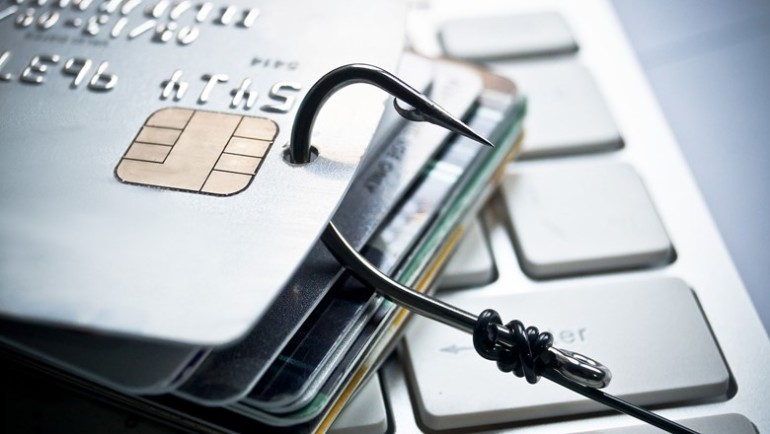Sponsored Listings:
Despite historic declines in air ticket sales during the Covid-19 pandemic, credit card fraud on air purchases has remained steady, according to an analysis by the e-commerce fraud prevention company Forter.
“While the real airline industry isn’t doing that well these days, the fraud landscape is actually thriving,” said Daniel Shkedi, Forter’s senior product marketing manager.
Forter found that fraud has remained consistent during the crisis even as sales in the airline industry plummeted by as much as 92%. Notably, Forter said that the proportion of airline credit card sales that have been successfully disputed by card owners has spiked by 56% since Feb. 7, compared with the first five weeks of 2020.
Stuart Barwood, Forter’s director of strategic partnerships for airlines and travel, said the extreme anomalies that the crisis created for travel patterns, especially as borders began closing and airlines began canceling service en masse, created an environment that fraudsters could exploit.
Airline security tools are typically programmed to flag unusual transactions. So, for example, a person with a U.S.-issued credit card booking a last-second, one-way ticket that originates in a different country is the type of transaction that could trigger an alert.
As the Covid-19 crisis unfolded, transactions like that surged, forcing airlines to change the rules their security tools used to root out potential fraud. Loosening those rules opened the door for fraudsters.
The airline industry sees $4 billion to $5 billion in fraudulent credit card charges annually in the U.S., according to Jeff Wixted, vice president of product management and operations for the American Express subsidiary Accertify.
Forter’s analysis of fraud during the Covid-19 crisis aligns with the landscape ARC has observed. In mid-March, data reviewed by the ARC fraud team identified a 65% increase in high-risk airport data, such as debit memos submitted with a fraud code, according to director of revenue integrity Cornelius Hattingh. In addition, transactions emanating from West Africa, a traditional hotbed for fraud, are on the rise.
Loyalty fraud, which has been growing fast in recent years, also appears to have kept apace even as global travel has crashed, Shkedi said.
Forter hasn’t conducted a detailed analysis, largely due to the difficulty of measuring activity across the dark web. But Shkedi said listings for pilfered airline loyalty points on the dark web remain prolific.
He added that points are selling on the dark web at an average of approximately 6% of their legitimate value, indicating an oversupply.
Before the Covid-19 pandemic, the U.K.-based Loyalty Security Association conservatively estimated that 1% of all airline miles redemption worldwide was fraudulent.
Source: travelweekly.com










